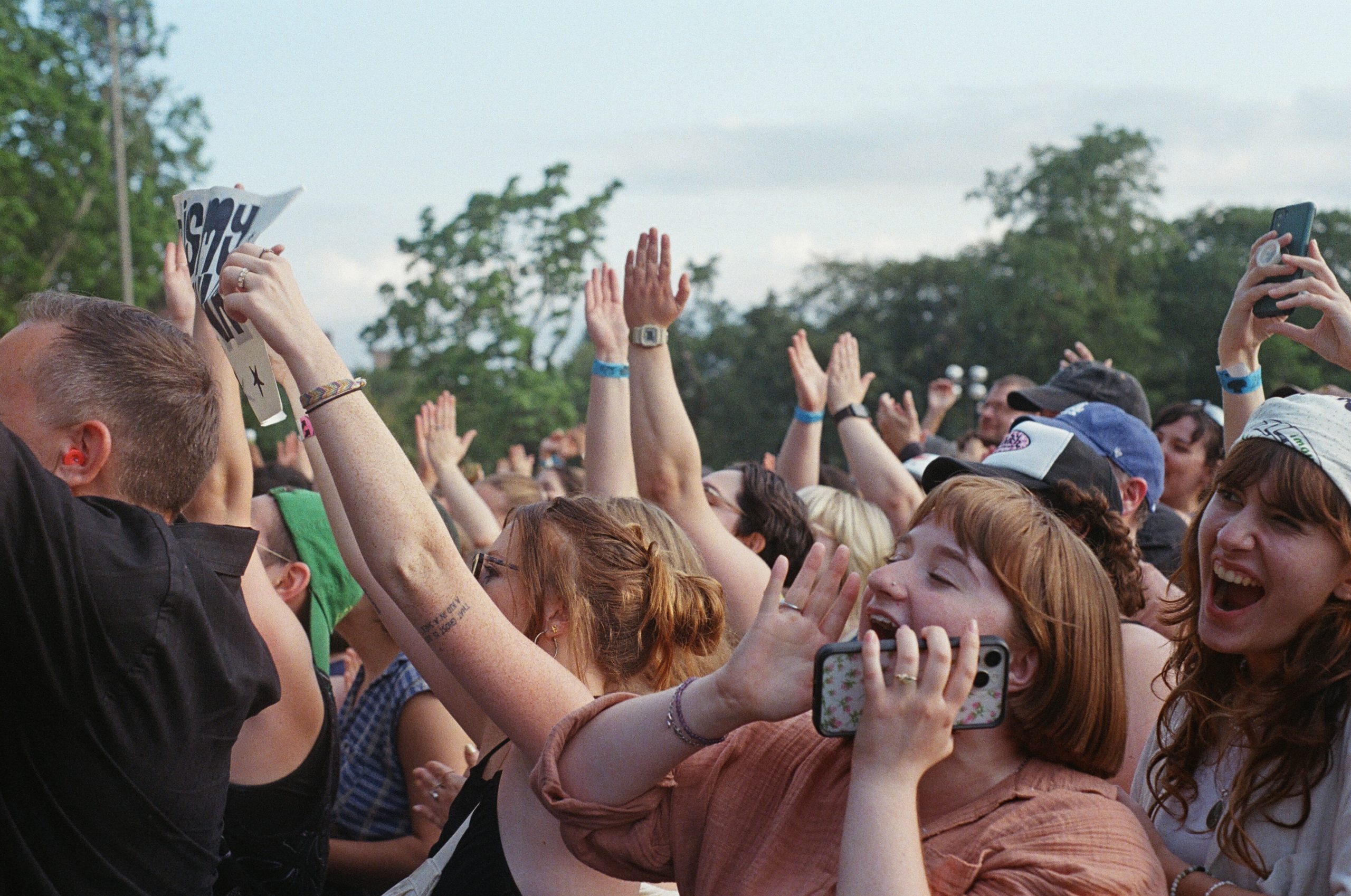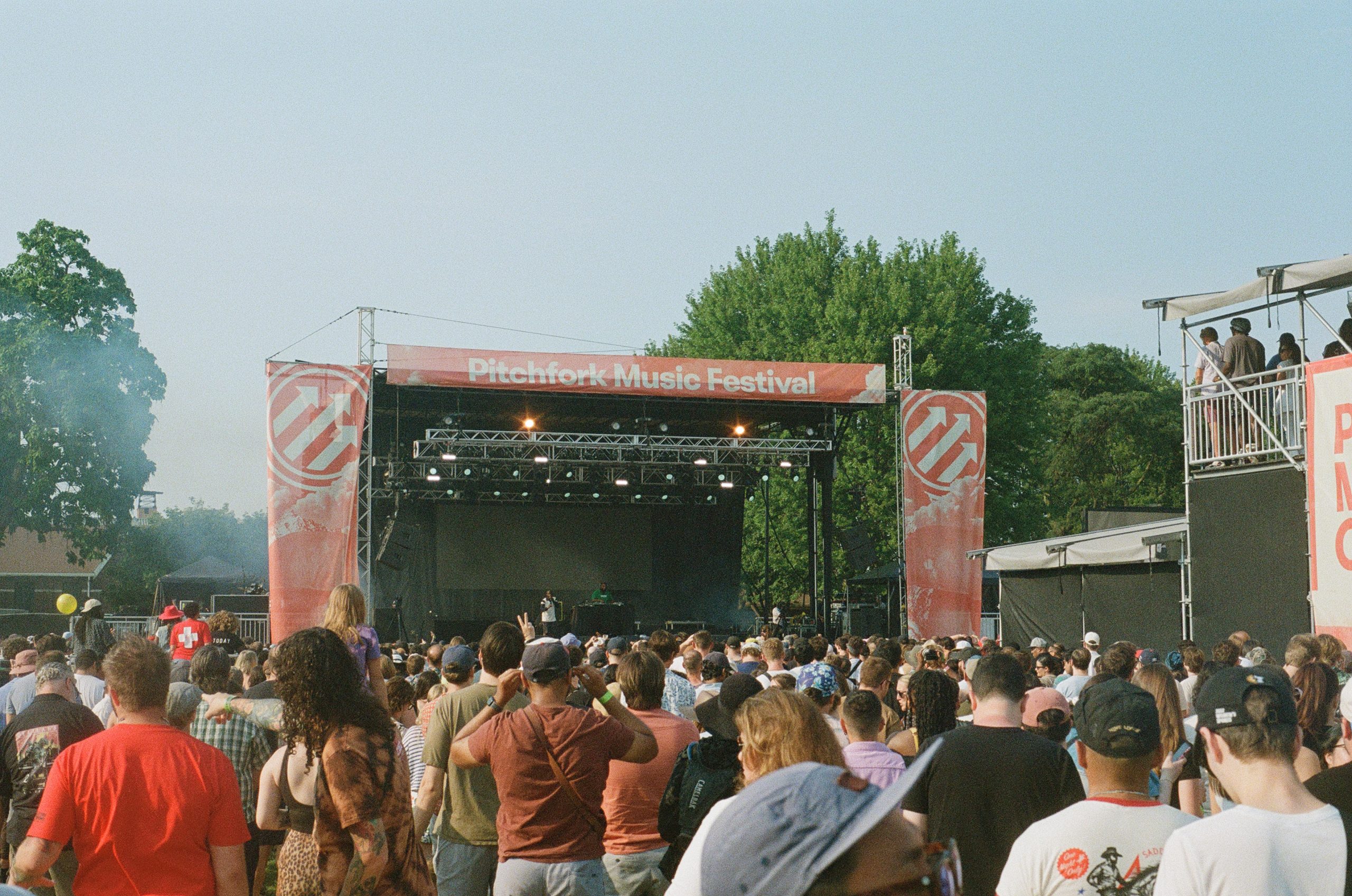Look: times are rough. Things are not going okay. It’s easy and often deserved to whine and moan about how everything changes in the face of adversity.. But why not spend some time and appreciate the gems that float amongst it? Why not take a look inwards, dig through the waste and greed and celebrate those who are still trying to put the good work out there in these trying times.
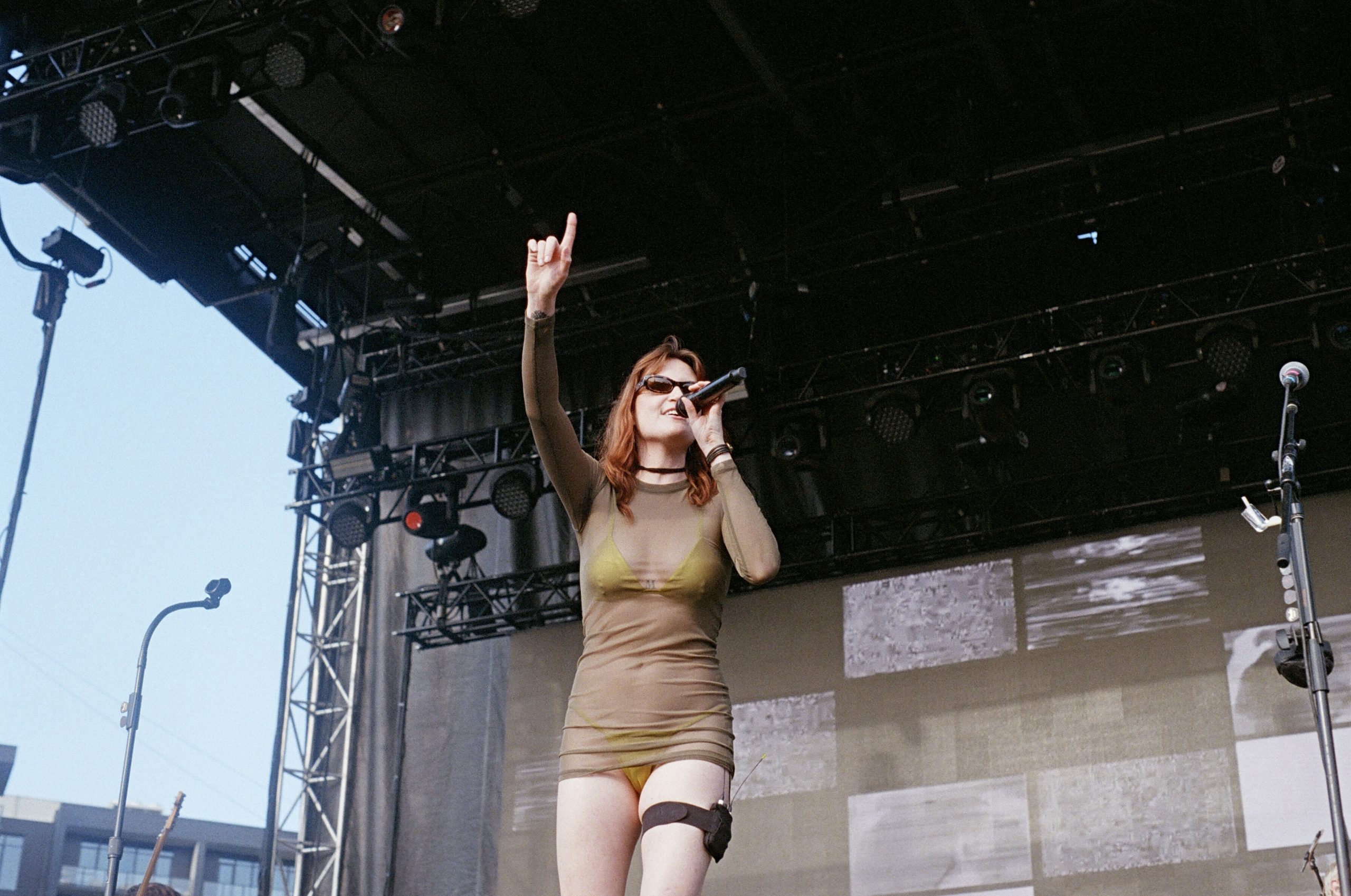
There’s no need to celebrate the Nespresso Lounge or the headliners that are better experienced on a lawn chair than a pit, but Pitchfork Music Festival is still the most exciting and worthwhile music festival for the true music lovers chasing an “I was there” experience.
In line with preceding discourse, the looming topic of the weekend was the selection of headliners, which included Black Pumas, Jamie xx, and Alanis Morrisette. Especially considering Black Pumas’ total lack of coverage from Pitchfork (a single 7.0 review was released in 2019, with no coverage of their 2023 album), it was easy to conclude the decision was made by a table of suits hoping to cache in on an adult contemporary dollar, rather than the typical selection process made by Pitchfork’s editorial team that truly represented the platform’s vogue.
The feeling reverberated through the festival’s nights, as many used the headliners’ time to make an exit for one of the many aftershows. Still, each act staged a formidable performance in their own rights. Black Pumas proved they are a captivating group of rockers and Alanis Morrisette held an impressive stage presence 30 years on from her peak.
Jamie xx’s status as a critical darling with both a stunning legacy and an upcoming album (his first in ten years) marked him as the most sensible pick out of the three. Jamie xx weaved generations of garage house, UK garage, and tech house together during his set. He played shrouded in darkness for nearly the entire duration. His signature visuals, utilizing on-the-ground footage of dancers from the floor brought unification to a crowd of thousands. Opening with “Baddy on the Floor” and closing with “Life,” collaborations with Honey Dijon and Robyn, respectively, on his upcoming record, he perfectly balanced his role as a conduit between the audience, himself, and the sounds he finds himself indebted to.
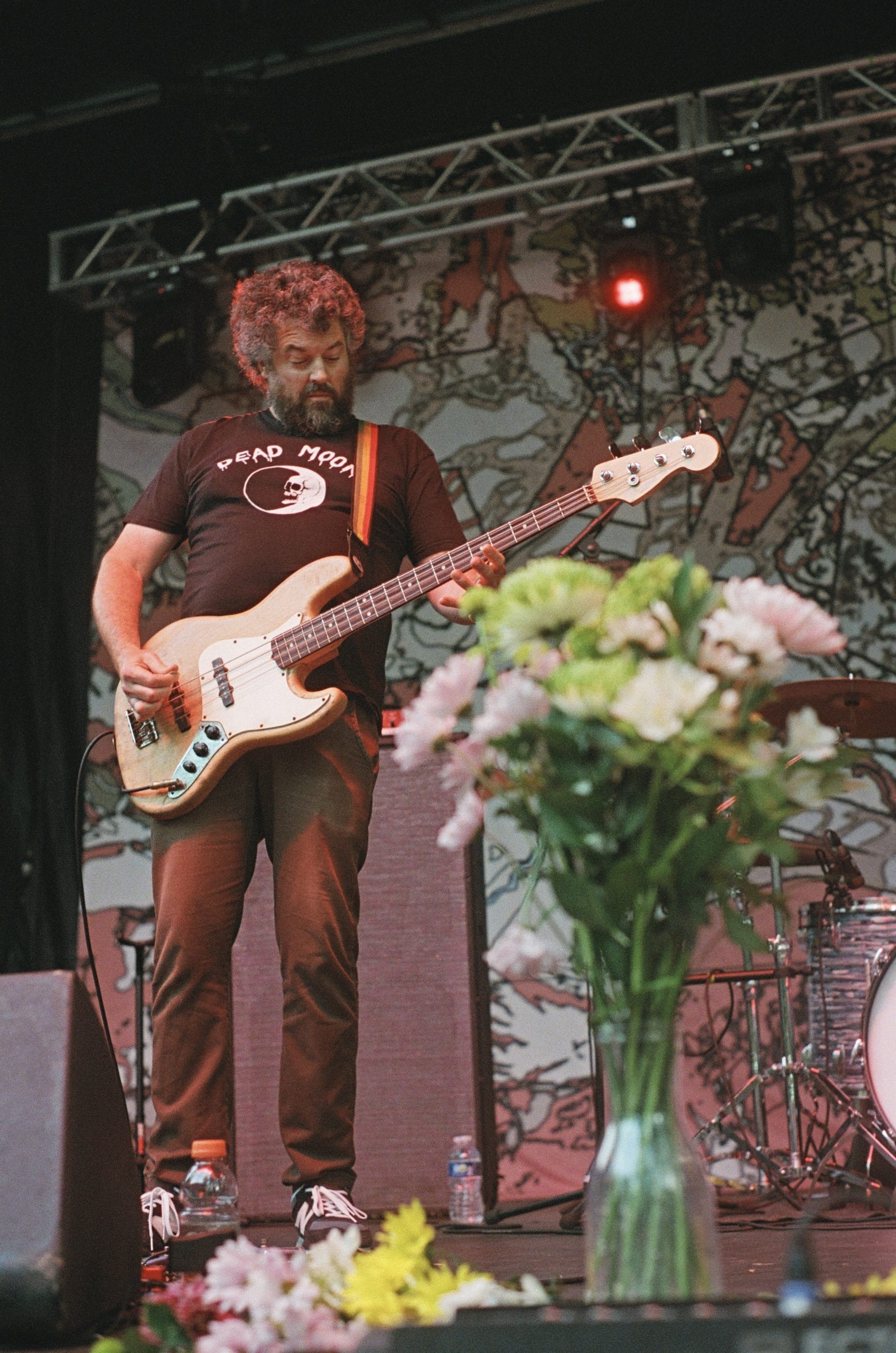
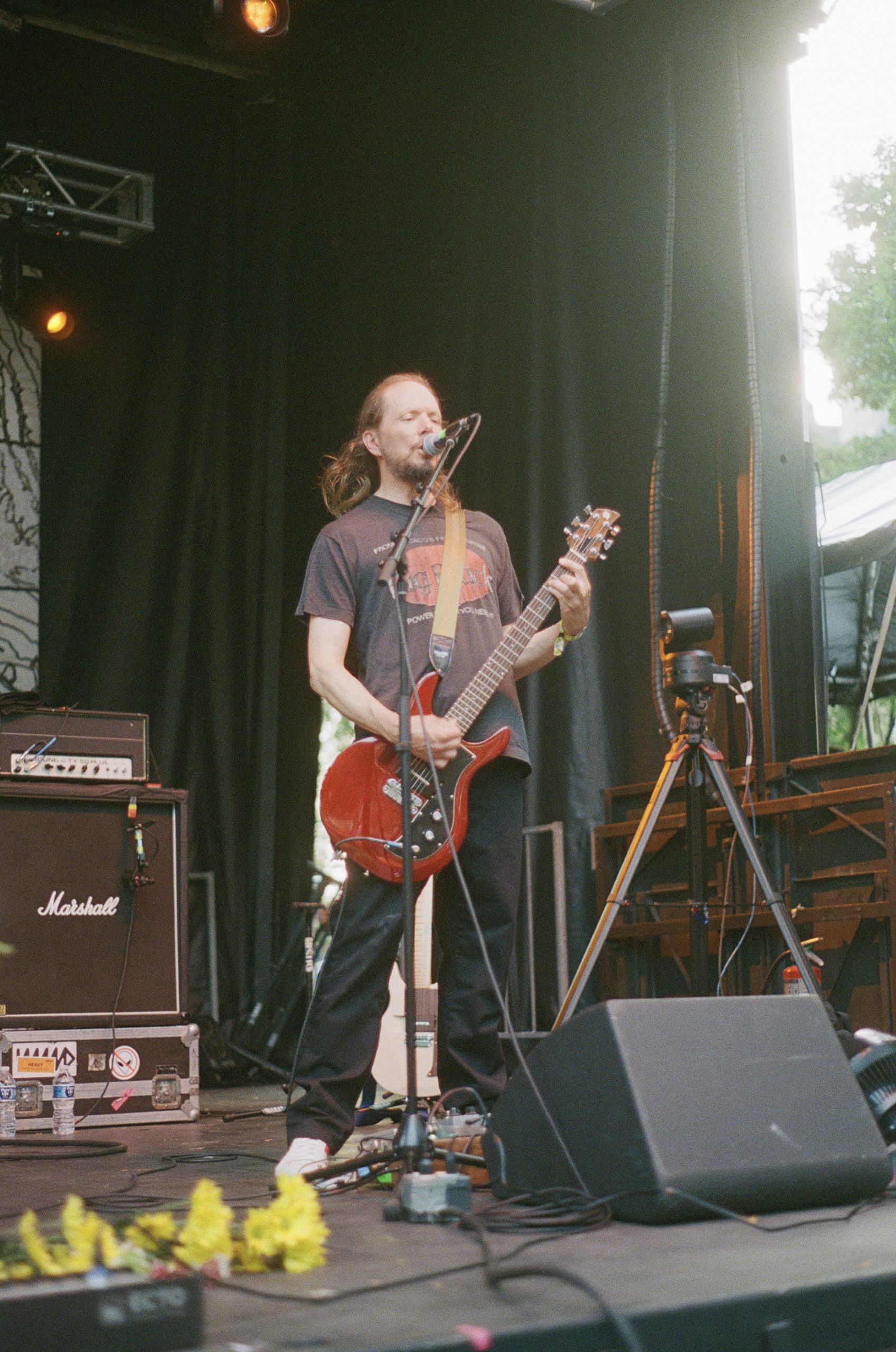
Unlike most mainstream festivals, Pitchfork’s ability to create accessible narratives in their daily schedules and lineups are still unmatched. Though Jamie xx was just one of two electronic DJs (alongside Doss, who played an early slot on Friday), his Saturday night set footnoted a bubbly string of danceable pop acts, which included an incredible Jessie Ware/Carly Rae Jepsen back to back. A likely trifecta of contemporary indie rockers- Hotline TNT, feeble little horse, and Wednesday- bridged perfectly into an old-meets-new pairing between punk rockers Sweeping Promises and Bratmobile, with the night neatly wrapped up by legendary post-hardcore quartet Unwound.
The year’s rap offerings were slimmer than years prior, especially considering A Tribe Called Quest, Kendrick Lamar, and Ms. Lauryn Hill’s headlining slots in prior years. Up-and-comers Angry Blackmen & Maxo, as well as underground patriarch billy woods and his frequent collaborator Kenny Segal, did well to represent the modern underground. De La Soul and Grandmaster Flash showcased a vintage iteration of alternative rap, though Grandmaster Flash’s performance was akin to an awkward party, scratching 80s disco and rap hits like “The Message” and “Another One Bites the Dust” to mild audience confusion. Contrarily, De La Soul’s performance was easily one of the weekend’s most exciting. Working through the loss of Plug Two aka Dave aka Truogy the Dove, De La weaved through their historic catalog, though notably omitting certain 3 Feet High and Rising hits like “The Magic Number” and “Eye Know.” They invited local legends Talib Kweli and Pharoahe Monch to fill in the gaps of the trio’s material, while adding their own flairs. Sixteen bar freestyles were thrilling to witness, but it was a collective performance of Monch’s 1999 hit “Simon Says” that had the real heads lose their shit. The weekend could have absolutely benefitted from a fresher, more expanded perspective rap music; appearances from recent favorites like Xaviersobased and skaiwater, or midwest icons like Myaap, J.P., or AyooLii, would have won Pitchfork much cultural clout. For such slim offerings though, each artist more than justified their lettering on the lineup.
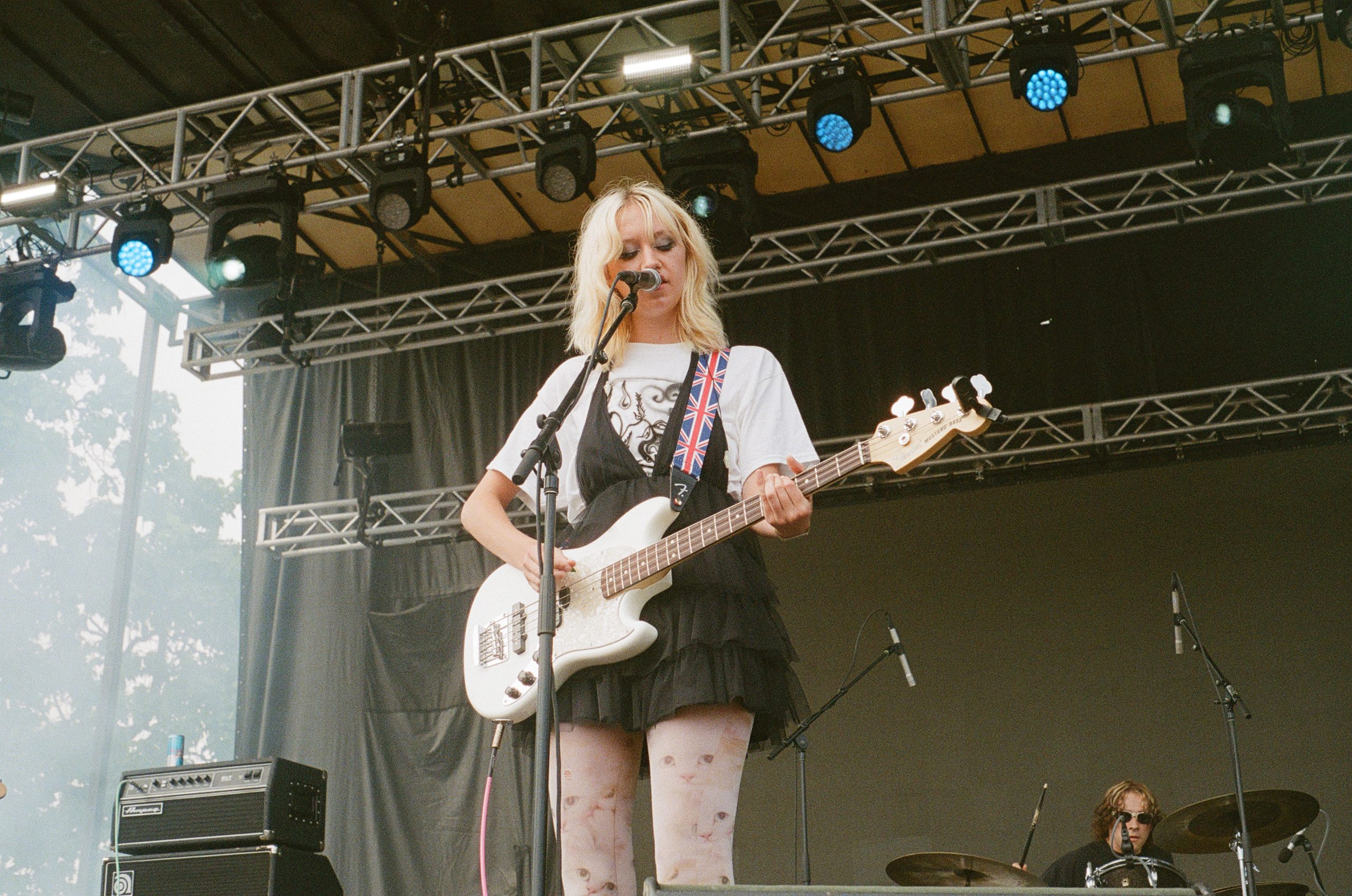
Friday also saw Pitchfork play sommelier, placing 100 gecs and Jeff Rosenstock on an easy path for the ska punks (and yes, 100 gecs is a ska band), while offering Sudan Archives and Jai Paul for those seeking an artful alternative. Sunday enjoyed some more abstract pairings; Jessica Pratt’s hauntological pop paired nicely with Nala Sinephro and Hailu Mergia’s emphasis on ambience, while Model/Actriz and Mannequin Pussy each put up formidable pits. MUNA even bridged well with Alanis Morissette, who collaborated on a rendition of “Ironic” during the latter’s set. In an age where festival curation regularly prioritizes profit based on algorithms and demographics, it’s refreshing to see a curatorial vision in something as minute as a festival schedule. Pitchfork’s ability to weave contemporary and historic narratives is still its greatest strength, introducing an older generation to the likes of Lifeguard, Kara Jackson, ML Buch, and the other dozen of exciting talent that would top an indie music 30-under-30.
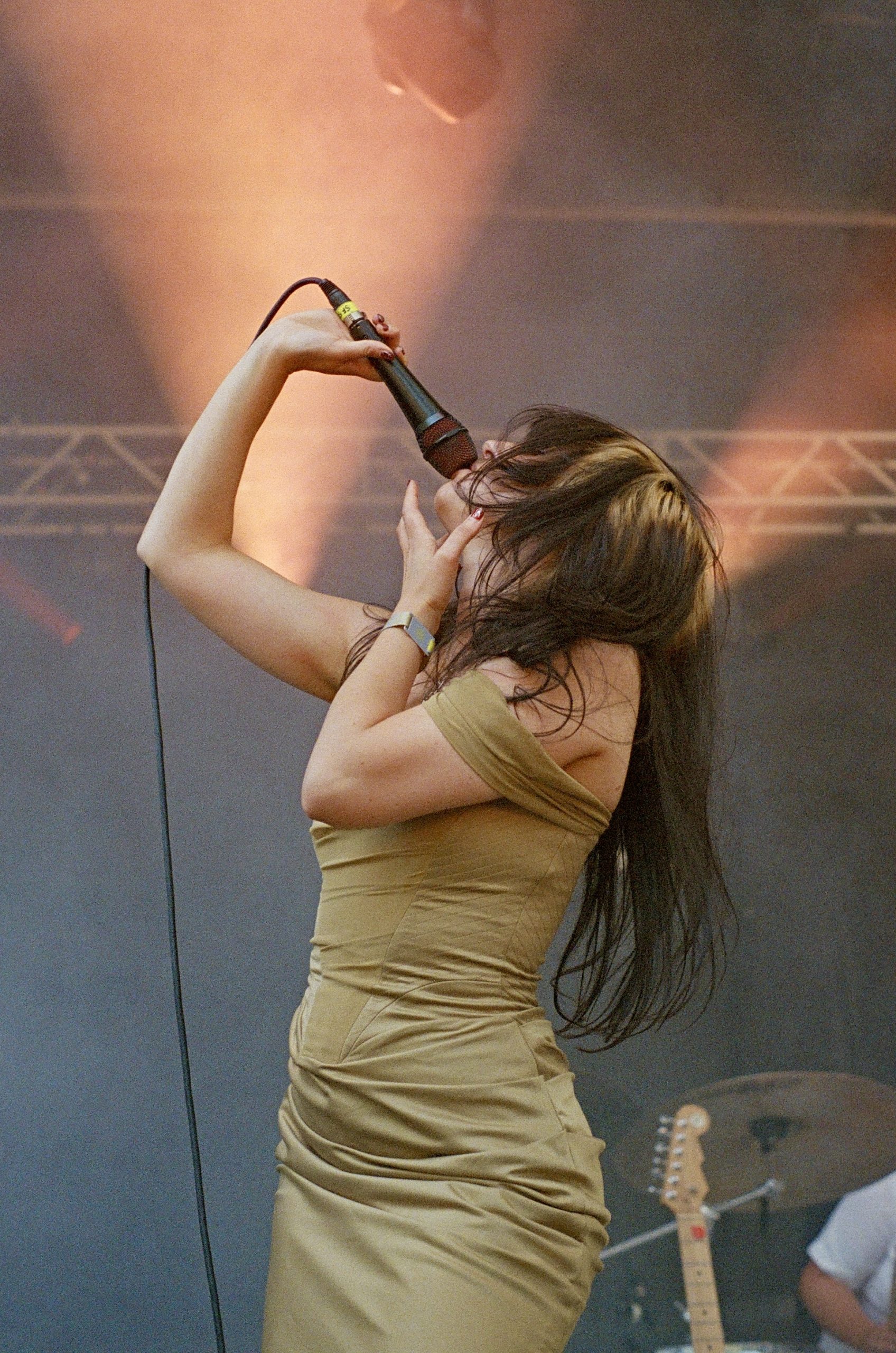
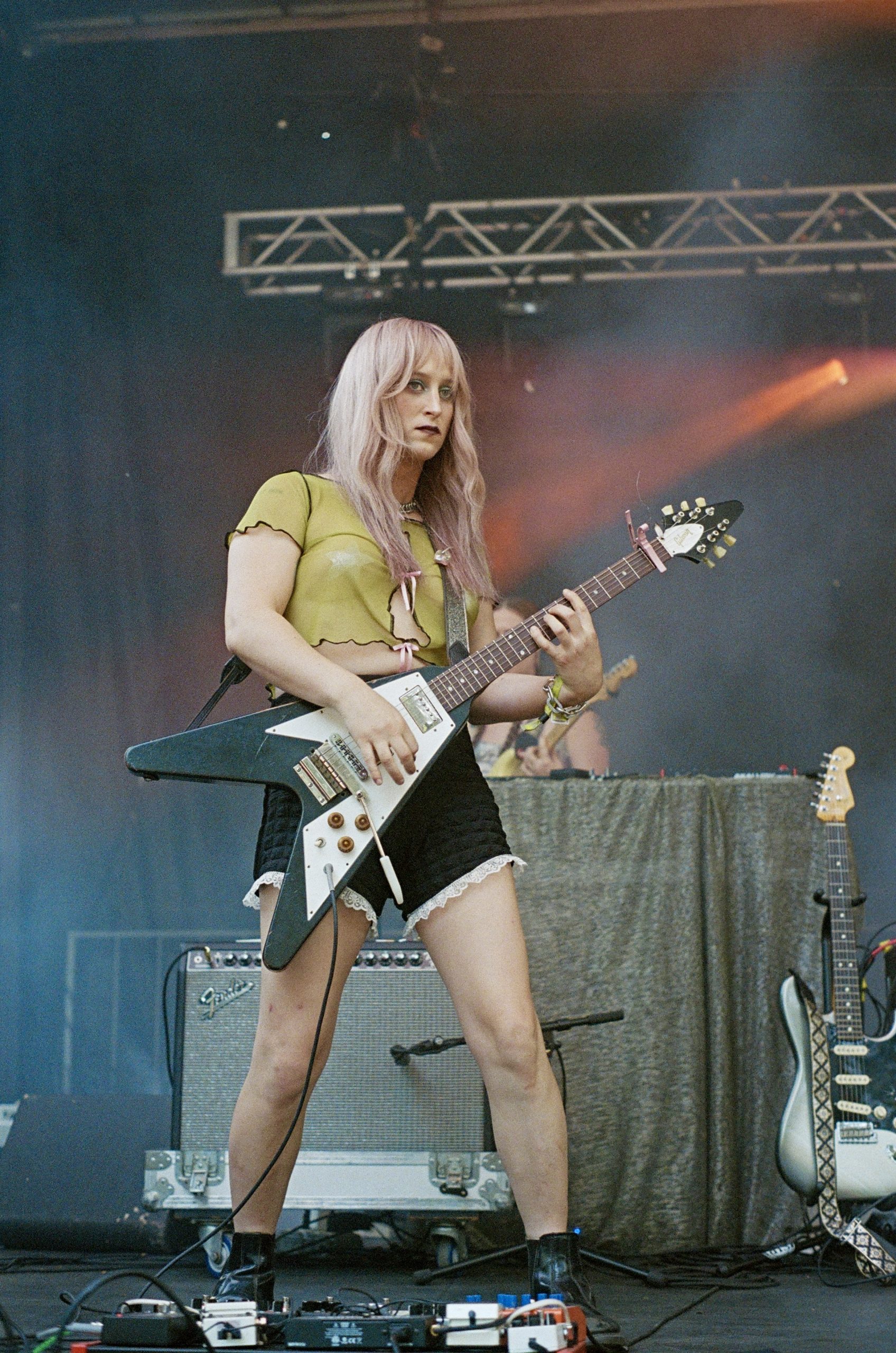
It’s easy to pin some of the festival’s shortcomings and oddities on Conde Nast’s influence. Nestle’s presence via a Nespresso activation was properly chastised by Jeff Rosenstock (“Fuck Nestle, water is a human right.”). Towering VIP viewing sections cut off key sightlines for a festival already known for its tight layout. The lack of video broadcast and the price increase of food and drink were called out to many as the sign of a doomed event, but those calls felt curmudgeoning for a festival that still fundamentally felt like an intimate showcase that flexed a precise curatorial muscle throughout its weekend. Fears of another Lollapalooza or Riot Fest are certainly understandable; where potential profit lies, the entertainment industry is ready to play vulture. Yet in the moment, Pitchfork Festival felt like the cumulative product of writers who keep their feet on the ground, editors with a rich interest in preserving and forwarding sub-mainstream culture, and a swath of attendees who were truly there to enjoy music.
